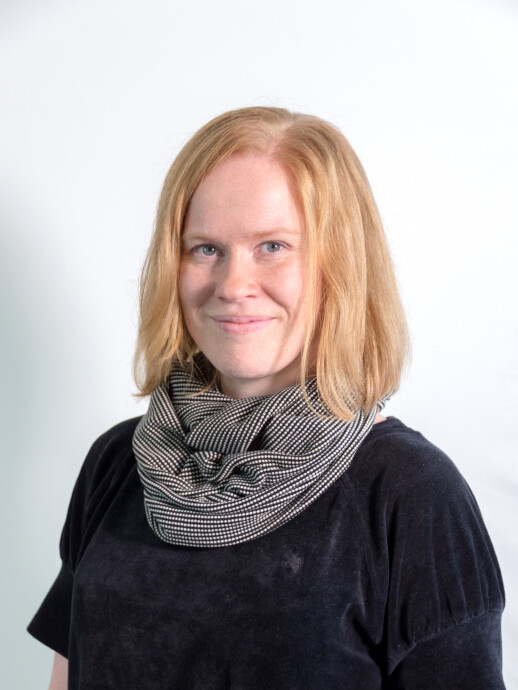
Pia
Koivunen
Links
Areas of expertise
Biography
I work as senior lecturer in European and World history. Before coming to Turku in 2017, I worked at the university of Tampere, where I received PhD in 2014. My doctoral dissertation examined Soviet cultural diplomacy in the early Cold War through an international event called World Youth Festival. In 2017-2020, my post doc project "The Politics of Hosting Mega-Events" (funded by the research council of Finland) examined the use of mega-events in Soviet and Russian cultural diplomacy. Mega-events are internationally significant cultural and sporting events, such as the Olympic Games, Expos and Eurovision. My project focused on the process of hosting mega-events, escpecially on the discussions on the importance of organizing and the ability of gaining benefits from these events.
Currently, I lead a four-year project "Mission Finland. Cold War Cultural Diplomacy at the Crossroads of East and West" (2020-2024). Since 2022 I have chaired the Finnish Association for Russian and East European Studies. I am editor in Lähihistoria journal and a member of the advisory board of the Slavonic library at the Finnish National Library. I have been a visiting scholar in the Aarhus University Denmark, the University of Cheltenham, UK, and the Higher School of Economic, St. Petersburg, Russia. I have been awarded the title of docent in Russian history at the University of Turku.
Teaching
I teach both BA and MA studies. I am responsibly for the module of historical methods and evaluate book exams in the study modules Animals, Nature and Sustainable Development as well as International institutions. At MA level, I teach seminar and theory & methods module.
Biannually, I organise a lecture series on the history of Russia and Eastern Europe, topics varying from cultural diplomacy, cultural cold war to the history of mobility in the Cold War context.
Research
Currently, I lead a four-year research project, funded by the Academy of Finland. The project, "Mission Finland. Cold war cultural diplomacy at the crossroads of East and West" project studies foreign cultural diplomacy in Finland during the Cold War. It examines a range of cultural and informational activities – such as cultural events, art exhibitions and the distribution of media content – organized by the United States, the United Kingdom, the Soviet Union and their allies in Finland. In addition to the operations, the project pays attention to the domestic and international cultural organizations and the individuals who turned the political objectives defined by the governments into everyday experiences for ordinary Finns.
Within the Mission Finland project, I explore Soviet cultural operations in Finland through the Soviet-Finland-society and the Lenin Museum in 1946–1991. The Lenin museum, founded in Tampere in 1946, is a peculiar form of cultural diplomacy. It started as a local initiative but it was fully dependent on the financial, professional, and political support from Moscow. While the connection to Moscow is indisputable, we do not know how the Soviet political establishment thought about the Lenin museum and its place in Soviet efforts to influence Finns. Drawing on the materials gathered at the former party archives in Moscow, I investigate the objectives of Moscow. What the VOKS (the organisation responsible for cultural relations abroad) and the Central Lenin Museum sought to achieve by assisting the Finnish Lenin Museum? The research also sheds light on the Soviet-Finnish discussions on the politics of history, where the Lenin museum played an important role. Besides showing Lenin as a political leader, the museum told the story of entangled history between Finland and Russia through his revolutionary activities.
Read more about the project at our website: https://missionfinland.utu.fi/en